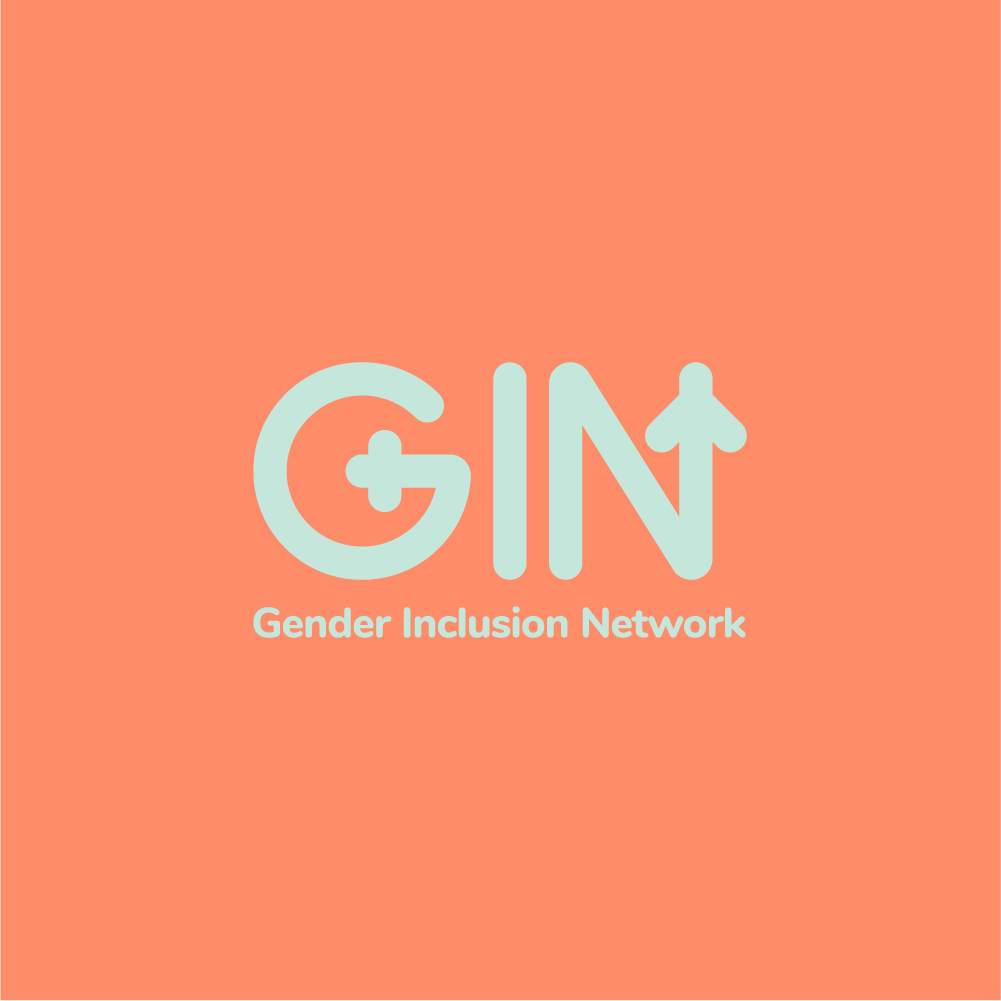Being a woman in business
A guest blog from Laura High
Laura High is an executive sponsor for the Gender Inclusion Network. Laura is one of the founding directors of Yutree Insurance Ltd, a broking and underwriting business founded in 2012. She has worked in the insurance industry for 25 years, and is deputy chair of the main board of the British Insurance Brokers Association (BIBA).
“I left school in 1995 with no idea what to do next and I took a job in insurance. The insurance sector presented me with a wide array of opportunities, and I knew I wanted to get on. I worked as hard as I could. I got promoted off the back of my abilities and I never noticed any lack of balance in my work environment relating to gender. As I progressed, this story began to change.
“It was only in April 2017 that the Equality Act 2010 (Gender Pay Gap Information) Regulations came into force in the UK. The lack of women on the boards of FTSE 100 companies was published. The conversation had properly begun.
“I did not believe in the ‘glass ceiling’. I naively believed that the world was fair and equal. The matter of gender started to have an impact the more senior I was becoming. There were more instances of being told that my client does not like dealing with women, for example. There were more meetings and events where I was the only female in the room. The hospitality was all aimed at men. The unintended consequence of businesses not challenging these imbalances and biases is that, each time they occur, that young woman has another seed of doubt planted in her mind as to whether she can really hold her own in this male-dominated world. I was starting to see that, to overcome these societal attitudes and biases, I may have to work harder than my male colleagues.
“Women are more prone to imposter syndrome than men, more likely to downplay their abilities, less likely to push for pay rises and promotions and more likely to take primary responsibility for childcare. Society attaches less economic value to the role of carer than to the role of someone in finance, for example. Women lose out on top jobs because of the glass ceiling. It does exist.
“My advice to women is not to stop believing you are an imposter, not to shout louder, but to stop, to reflect, and to take each professional step with a complete understanding of what makes you who you are. You are not a victim. Ask, instead, what you need to do to progress your career. Start to see and value your contribution. Imposter syndrome does not have to be a negative. It makes you more open to hearing other people and will equip you with humility. Harness what makes you unique and work at it.
“I continue to feel as though I do not belong around the board tables I sit at however, in equal measure, I am proud be there. I talk about this for every woman who is passed over, who is not included in a networking event, who misses out on a promotion because she has to be home for her children, whose pay and prospects lag behind her male colleagues and who doubts herself. We owe it to future generations to make sure that we are proactive in our anti-discrimination work. It is no longer enough to say we do not discriminate. We must acknowledge the truth, the barriers facing women, and we must work together to break them down.”
Quick fire questions
Laura High is a founding director of Yutree Insurance Ltd and executive sponsor for GIN.
Where are you usually based?
I live in Cambridgeshire, and Yutree is based in Newmarket, but more recently from everyone’s homes!
Outside of work how do you switch off?
I paint in my spare time. Usually large acrylic canvases. Lockdown enabled me to hone this skill and saw a, not too shabby, first attempt at a self portrait and a pet portrait. It could have been disastrous.
What have you learnt about yourself during the Coronavirus lockdown?
I have learnt that I am a terrible home-school teacher, I love my home and garden and I used to waste a lot of money on unnecessary stuff!



